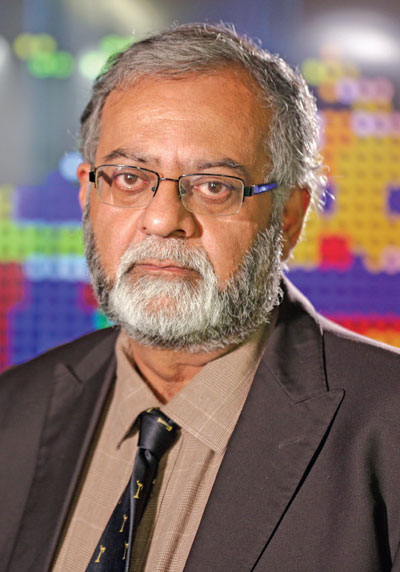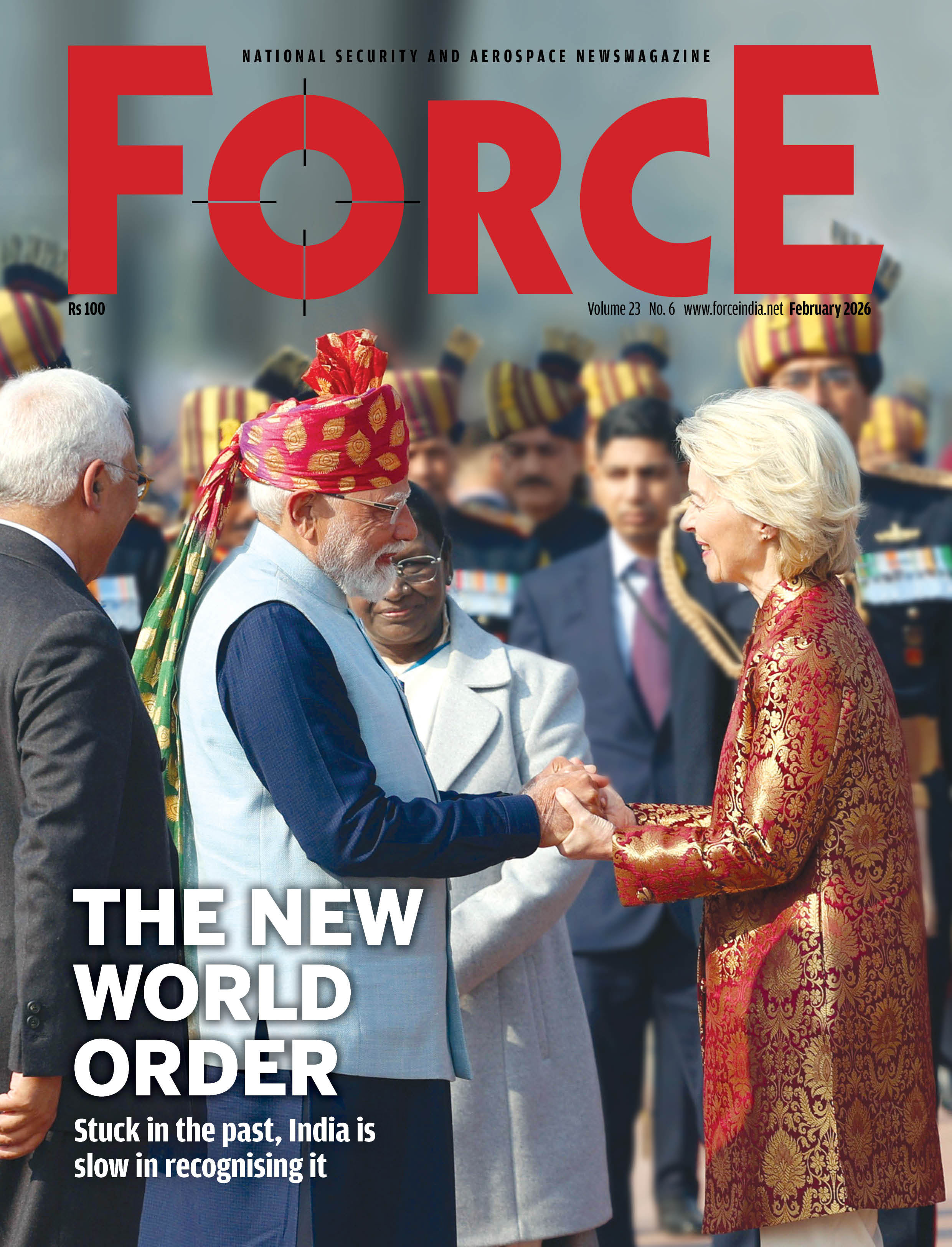Tales Dead Men Tell
Shiv Kunal Verma, author of the book 1965 A Western Sunrise: India’s War With Pakistan
What research methods did you employ while writing the book?
A lot of the research has happened over various other projects as well. I did the History of the Air Force in 1992 which was funded by JRD Tata. While making films I had done a lot of research and it’s a continuous process.
But when I started on the 1965 book, the first thing I did was to visit some of the places where the action took place. I first went to the Rann of Kutch in India’s Gujarat, and got across the Sardar Post from where one can see Kanjarkot that is now in Pakistan. Once you see the terrain, half your job is done. It’s almost as if the ground speaks to you. The lie of the land, the geography, the slopes, the flow of the rivers–everything starts making sense then.
Additionally, I have also grown up in a lot of these areas. My father commanded the Tiger Division in Jammu, which was a key player during the war. I have also lived in Jalandhar in the mid-1980s and am very familiar with the Mand area and the Bari Doab, which in Punjab they call the area between two rivers—in this case, the Beas and Ravi, which is actually the Amritsar-Lahore sector, and the Rachna Doab in Sialkot sector. Kashmir too I know well because of all my earlier professional engagements in the area. Rajasthan’s Barmer sector was also among the areas I visited to get a feel of it.
I also did a few fighter sorties from Jaisalmer and Uttar Lai which further familiarised me with the terrain. I spoke to a few people selectively and was mindful of not speaking to too many. Somehow, individual stories can be distracting, as people tend to tell the story from their point of view and at the end of the day, they will also be very disappointed because they will expect one to include all that they have said. People also tend to speak about past events while keeping t
Subscribe To Force
Fuel Fearless Journalism with Your Yearly Subscription
SUBSCRIBE NOW
We don’t tell you how to do your job…
But we put the environment in which you do your job in perspective, so that when you step out you do so with the complete picture.









 VIDEO
VIDEO